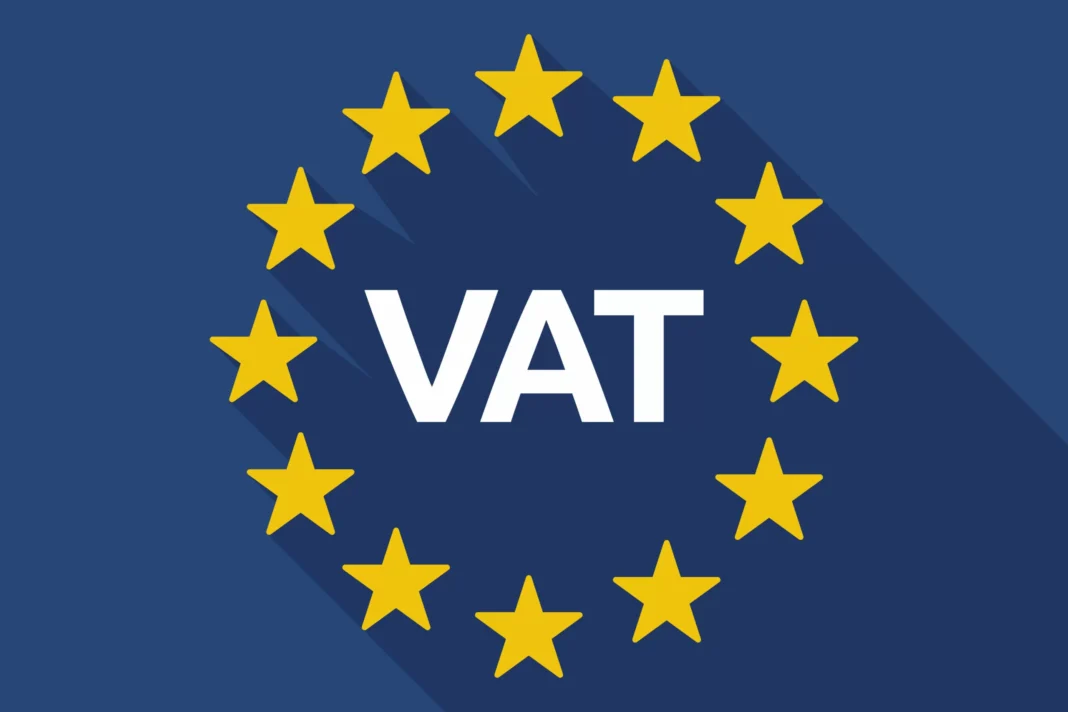On July 1st, 2021, a new VAT regulation was implemented by the European Union (EU) that has significant implications for small businesses. This regulation, known as the “One-Stop-Shop” (OSS), aims to simplify the VAT compliance process for businesses that sell goods and services online to customers in the EU. The introduction of this regulation has caused some confusion and concern among small business owners, but there is a solution that can ease the burden – accounting software.
The EU VAT regulation is applicable to all businesses, regardless of their size, that sell goods or services to customers in the EU. This means that even small businesses and SMEs (small and medium-sized enterprises) are affected. The main change brought about by the OSS is that businesses now have to charge VAT based on the customer’s location, instead of the business’s location. This can be a daunting task for small businesses that have a limited understanding of VAT regulations and may not have the resources to hire an expert.
So, what can small businesses do to navigate this new regulation and ensure compliance with minimal hassle? The answer lies in utilizing accounting software. Accounting software has come a long way in recent years, and it is no longer just for large corporations. There are now many affordable options available specifically designed for small businesses and SMEs that can help with VAT compliance and other accounting tasks.
One of the main benefits of using accounting software in light of the new EU VAT regulation is that it can accurately calculate and charge the correct amount of VAT based on the customer’s location. This is especially useful for businesses that have customers in multiple EU countries, as the software can handle the different VAT rates for each country. This not only saves time but also reduces the risk of errors and potential fines for non-compliance.
Moreover, accounting software can also generate VAT invoices that comply with the new regulation’s requirements. These invoices must include specific information, such as the customer’s location and the applicable VAT rate, which can be easily managed by the software. This ensures that businesses are fully compliant and can avoid any issues with tax authorities.
Another crucial aspect of the new EU VAT regulation is the reporting and payment process. Under the OSS, businesses are required to submit a single VAT return for all EU sales, instead of individual returns for each country. This can be a complicated process for businesses with multiple transactions, but accounting software can simplify it by generating the necessary reports and calculating the total amount of VAT due. Some software even has the option to file the return directly with the tax authorities, making the process even more streamlined.
Aside from the specific requirements related to the EU VAT regulation, accounting software has many other features that can be advantageous for small businesses. It can help with tracking expenses, managing invoices and payments, and generating financial reports, among other things. This not only saves time and reduces the chance of errors but also provides valuable insights into the business’s financial health.
In conclusion, the new EU VAT regulation may have caused some initial concern for small businesses, but with the right tools, it can be managed smoothly. Utilizing accounting software that is tailored to the needs of small businesses can simplify the VAT compliance process and ensure that businesses can focus on what they do best – running their business. So, if you are a small business or SME operating in the EU, it is worth considering investing in accounting software to stay compliant and take your business to the next level.

